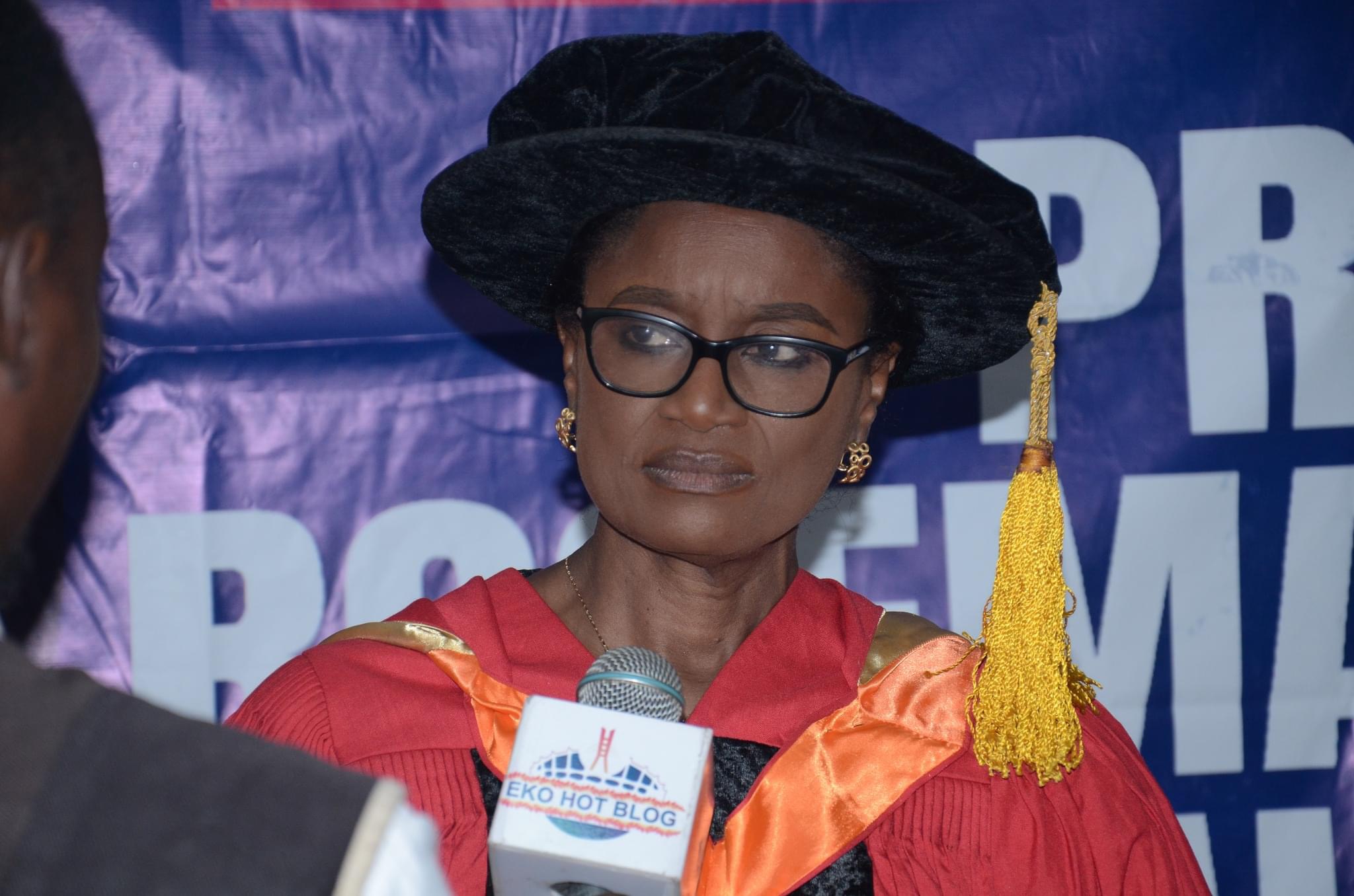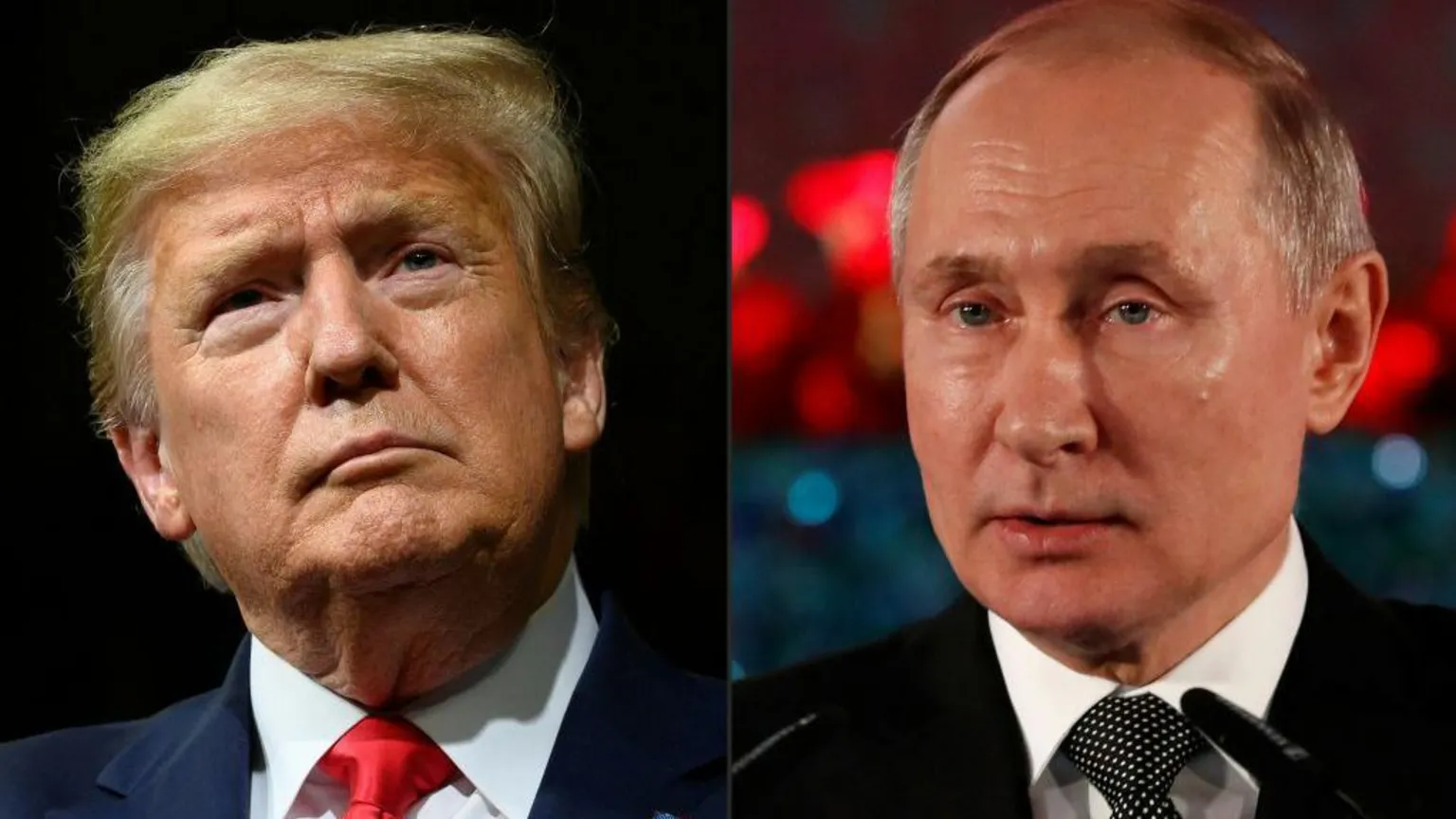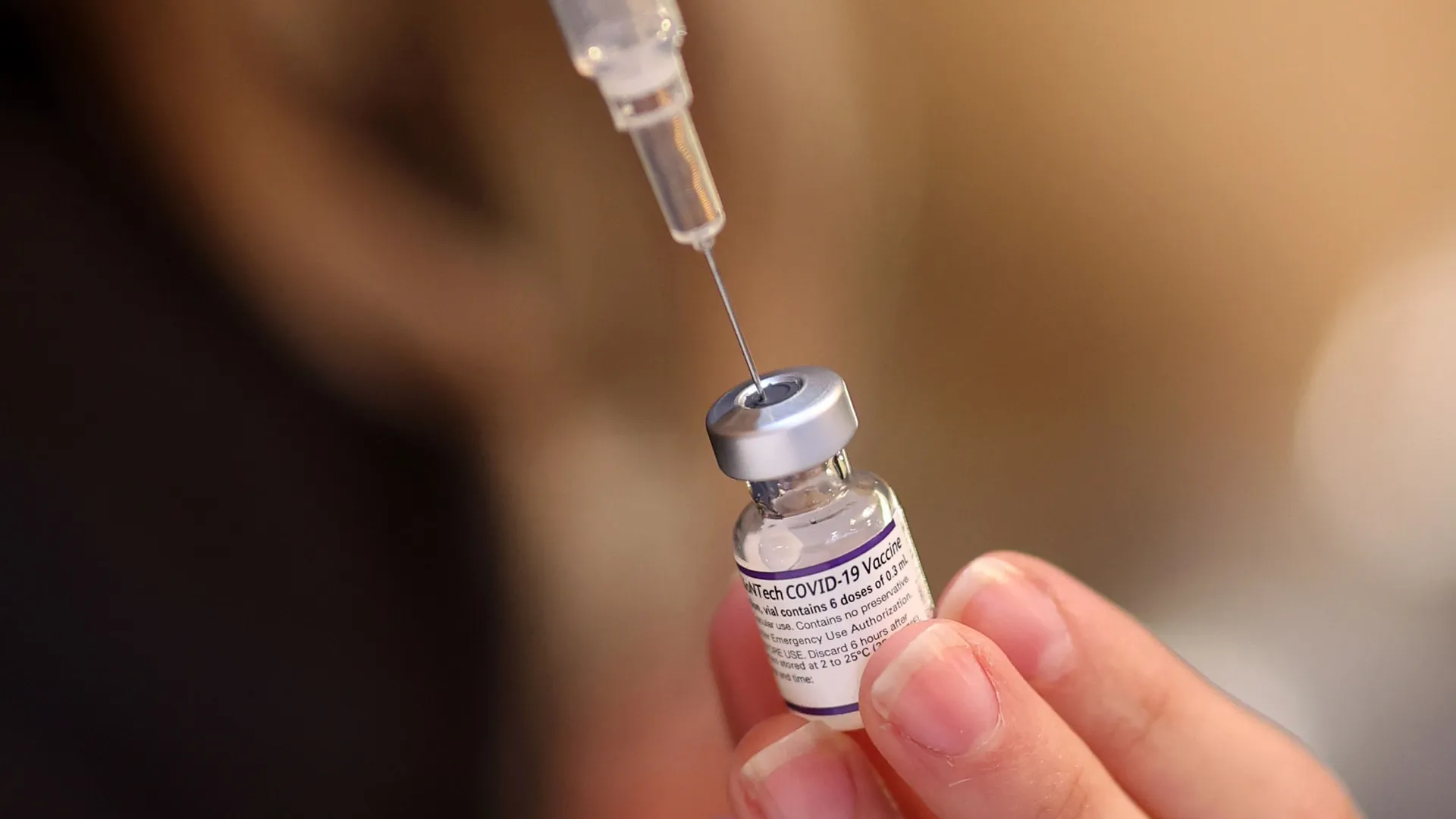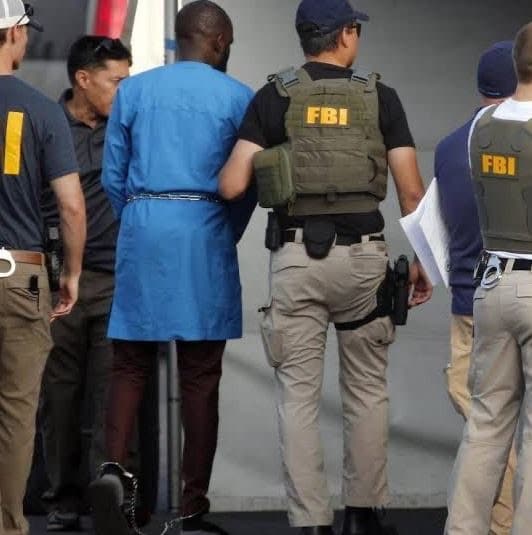Featured
COVID-19: Reality Versus The Conspiracy Theory

- Reality meets conspiracy theory as the COVID-19 debate rages on.
EDITOR’S PICKS:
- ‘Ex-Vaxxer’ Mum Who Said She Was ‘Unmuzzled And Unvaccinated’ Dies Of COVID-19
- COVID-19: 20% Of Nigerian Workers Lost Employment In 2020 – Report
- Innovation Continues To Prosper Despite COVID-19: UN Report
The COVID-19 debate is one that has slowly evolved into a contestation akin to the Ronaldo-Messi debate, not necessarily due to its categorical similarity, but more in the manner that it has passionately split the opinions of billions of people around the globe.
While the more “conservatist” or perhaps “cautionist” lot seem to be treading cautiously and following recommendations and protocols by medical experts, an insouciant bunch still seem to believe that the virus or its very idea is a hoax, flouting medical and pharmaceutical protocols at every turn and even launching a smear campaign against the vaccine.
Regardless of the fact that caution dictates prioritization of safety against the unproven conspiracy theories spun around the virus and its vaccine, it could perhaps echo as unscientific to take sides in the argumentation without empirical proof of what it feels like to be under the grips of a virus that has wiped out a significant proportion of the global population within the last year.
In a personal testament, a COVID-19 survivor, who pleaded anonymity for obvious reasons recounts not just her personal horrors but the unsightly sights and sounds she had to endure while undergoing management for the lethal virus.
“As soon as I tested positive for the virus, I rushed to one of the government facilities immediately. My ordeal started with fever, catarrh and cough. Gradually I began to experience sore throat; I later noticed that I was losing my appetite; even while I struggled to eat, I discovered that the taste of the food was gone.
“At the hospital, the first doctor I encountered was kind and friendly. He asked a nurse to check my body parameters which were discovered to be okay. My case was not alarming yet.
“After the drugs were written out, I was told to go home and isolate; I was assured that I would be fine as long as I took my medication religiously.”
“Because of the increasing number of patients seeking cure in Lagos, I gathered that the bed spaces were getting scarcer. Where they were available, they were reserved for those whose cases were critical.”
“The drugs I was not given at the hospital pharmacy I purchased elsewhere. Some were cheap while some were expensive. But does that matter when life is involved?
“It was a horrible experience, but I gradually got better and became well after the 14-day window was over.”
Recent statistics released by the Nigerian Centre for Disease Control (NCDC) has indicated an upward surge in the number of infected persons as well as a corresponding rise in fatalities. According to a frontline worker and missionary, Rev Sister (Dr.) Luciana Agba “The persons worst hit are older ones, particularly people with underlying ailments.”
Again, the willingness of the general public to go for routine testing after experiencing symptoms continues to pose a challenge, particularly with regard to determining a more precise fraction of the population that has contracted the virus and upping containment strategies accordingly.
Tony, a health expert at Nigerian Institute for Medical Research (NIMR), Yaba, explains the particular challenges encountered as a result of the public’s attitude towards testing.

“It is not an exercise that allows one to walk in and get tested easily. It is a whole process, which could take hours depending on the crowd in attendance.”
“It again depends on who helps you or your savvy with your cell phone; for you are required to go online and fill out a whole form with your android phone to book for a date to come for the test. Later you receive an invitation for the testing.
“I wonder the fate of those who do not have phones capable of performing such operation?”
He further clarified the common testing procedure that has somewhat simplified the process and made it possible to test a wider spectrum of the population.
“You are given two swab sticks to insert into your nose and your throat. You then break the swabs into a tiny plastic container, hand it in and go home. Then within 48 hours, you receive a notification informing you whether you are positive or negative.”
“In my case, I tested negative; I give glory to God. But what about the market women, the agbero in the streets and every other person who knows nothing about having an email to receive such notification?”
One of the bottlenecks that have also discouraged testing has been the availability of adequate management protocols in place, especially at government-owned hospitals. In most instances, positive cases are usually not given adequate attention due to paucity of resources. The next realistic option would usually be the private medical facilities, which again poses more challenges ranging from extortionate management fees to outright rejection of patients for the fear of spooking non-Covid patients.
Lagos state, the beating heart of Nigeria, has unsurprisingly been the nerve centre of the pandemic since the World Health Organization declared the outbreak of the virus early last year.
In its response, the Governor Babajide Sanwo-Olu led government has disbursed mammoth resources to set up isolation centres for infected persons to receive treatment. Some of the centres include Gbagada General Hospital, Infectious Disease Hospital (IDH); Yaba, Lagos State University (LASUTH), Ikeja, among others.
General hospitals within the state and primary healthcare centres are also commissioned to run skeletal operations in rendering medical assistance to those suspected to have contracted the virus. Lagos University Teaching Hospital (LUTH), Idi Araba also runs a COVID-19 clinic.
There are also collaborative efforts by private hospitals that provide treatment for the upper echelons of society. Their treatment fees usually range between N.5m to N1m.
According to a doctor who declined to be named, those without private vehicles usually pose serious risks to unwary members of the public.
FURTHER READING:
- COVID-19: Sanwo-Olu Charges World Leaders On Vaccine Equity
- U.S. COVID Deaths On Verge Of Surpassing Spanish Flu Pandemic
- FG Imposes Travel Sanctions On Passengers Who Shun COVID-19 PCR Tests
He said, “We learnt that some of the patients needing ambulance service pay as highly as N100,000 to get here.”
“Those who have no one to bring them come here by public transport. They sit with other passengers on the bus. That is a warning that people must wear their face masks always, but it appears many are not listening to that.”
“Before the patients arrive here, some of them might even infect two to three persons sitting next to them.”
With more doses of the vaccine being requisitioned by the Federal Government, there are indications that taking a hard line against dissidents could be the only means of ensuring more vaccinations in order to attenuate the inimical effects of the virus on the social fabric of the society as well as the economy.
However, a middle ground with the general populace, if eventually found could prove a more useful approach in order to avoid a drawn-out faceoff with certain quarters of the society which could further add credence to the existing conspiracy theories surrounding COVID-19.
Advertise or Publish a Story on EkoHot Blog:
Kindly contact us at [email protected]. Breaking stories should be sent to the above email and substantiated with pictorial evidence.
Citizen journalists will receive a token as data incentive.
Call or Whatsapp: 0803 561 7233, 0703 414 5611













